"The old timers before me basically went to the same places for their whole career. For us, at the end of every year, we say 'well that worked out' but it didn't always seem like it was going to. Then you look ahead and you think holy crap, how are we going to make it work this year?"
Eric grew up on the Cape and has been harpoon fishing for bluefin tuna since 1984. Back in those days, it was a pretty lucrative career as there was growing demand from Japanese markets and prices were going through the roof. Plus Cape Cod was at the center of the giant blue fin industry so there was no shortage of supply.
But nowadays, due to climate change, the fishery has become much less predictable and the larger fish have moved north, to colder waters. And the change hasn't been linear. It too has been unpredictable. Eric likens it to these extreme storms we've been seeing this summer.
"There are things that climate scientists and marine biologists aren't really discussing but things we see every day. Watching the changes throughout my career, it's been pretty dramatic."
Climate change impacts the fishery in a number of ways. As the water temperatures warm, large fish migrate north to colder waters as colder water holds more oxygen, which is preferable by these fish. The center of the blue fin tuna industry is now by the St. Lawrence in Canada.
Another change Eric has seen this year has been the slowing of the Atlantic Ocean 'conveyor belt.' When he is out fishing for bluefin, he would have typically found concentrations of them around the edges of the conveyor belt, in the gulf stream eddies that occur. This past year, he didn't see any of those eddies, making it all that much more challenging.
"People come to the Cape and they order Cod or Haddock and they think 'finally, I've got some fresh fish' but most of it comes from Iceland, Canada or even Norway."
While the cod fishery is suffering the same fate as blue fin, there are some bright spots in the Cape's fishing future. One success story is that haddock stocks have started to make real progress.
Even though climate change is making fishing more challenging, Eric is optimist that the future of the fisheries due to the forward thinking nature of the Cape Cod Fisherman's Alliance. But he didn't go so far as to suggest a fishing career to either of his two sons.
Is climate change having an impact on your life? We'd love to hear your story. Let us know by sending an email to capecod@350ma.org.




